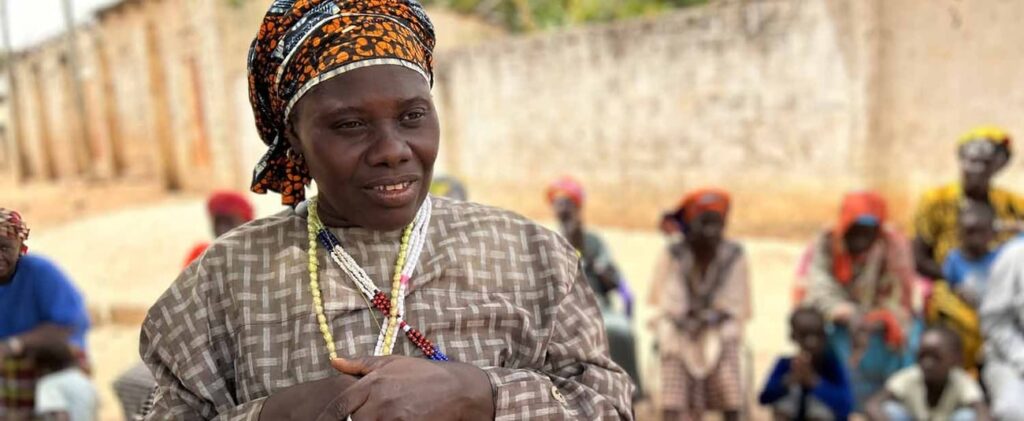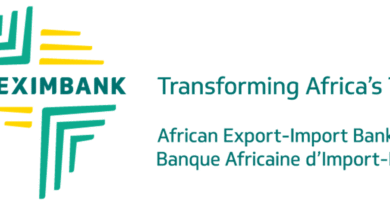The Gambia Reaps Benefits of AfDB’s Disaster Risk Financing Programme
As the world marks the UN International Day for Disaster Risk Reduction, the African Development Bank’s Africa Disaster Risk Financing Programme (ADRiFi) continues to show how proactive planning and insurance can build resilience and protect livelihoods in vulnerable communities across Africa, with The Gambia standing out as a model of success.
The ADRiFi initiative, implemented in partnership with the African Risk Capacity Group, helps African countries access disaster risk insurance, providing timely financial support after catastrophic events. This allows governments to respond rapidly and effectively to climate-induced disasters such as droughts and floods.
In 2015, The Gambia became the first country to join the ADRiFi programme, recognising the need to shield its economy, particularly the agricultural sector, from the devastating effects of extreme weather. With around 75% of the population engaged in agriculture, recurring droughts and floods pose significant risks to food security and economic stability.
According to Sanna Dahaba, Executive Director of the National Disaster Management Agency (NDMA), the programme has strengthened the country’s capacity to manage disasters and protect vulnerable communities. “The Gambia’s participation in ADRiFi has enhanced our preparedness and resilience to drought and flooding, which continue to threaten livelihoods,” Dahaba said.
Through partnerships with the World Food Programme, ADRiFi has supported an estimated 275,000 people in The Gambia, 65% of them women and children, by improving community resilience and disaster preparedness. The programme provides comprehensive cover against climate shocks that would otherwise disrupt food systems and livelihoods.
In 2022, when The Gambia faced a severe drought, ADRiFi delivered tangible relief. The government received a $140,000 payout from its disaster risk insurance policy, which enabled emergency support for 3,855 households, benefitting nearly 50,000 people.
“The assistance made a significant difference,” Dahaba noted. “It ensured families were hunger-free and able to sustain their livelihoods during one of the toughest periods.”
For many Gambians, the programme has been life-changing. In the rural village of Madina Angaleh, payouts allowed residents like Macotu Torre, a widow and rice farmer, to purchase essential food supplies and livestock to restore her livelihood.
“Once I received the money, I was so happy. I immediately went to buy rice and oil for the family. Otherwise, there would have been disaster. I also bought a donkey to help me with my farm,” Torre recalled.
Through ADRiFi, the African Development Bank subsidises part of participating countries’ insurance premiums during the first five years, after which countries assume full responsibility. So far, the initiative has protected over eight million people across Africa and transferred more than $330 million in climate risk to international insurance markets.
The Bank’s partnership with the African Risk Capacity Group is helping countries like The Gambia strengthen disaster governance and ensure that when disaster strikes, financial protection and resilience-building go hand in hand.
As this year’s UN Day theme highlights, “Investing in resilience today saves lives tomorrow”, The Gambia’s success story under ADRiFi demonstrates how strategic foresight and regional collaboration can transform vulnerability into resilience.



